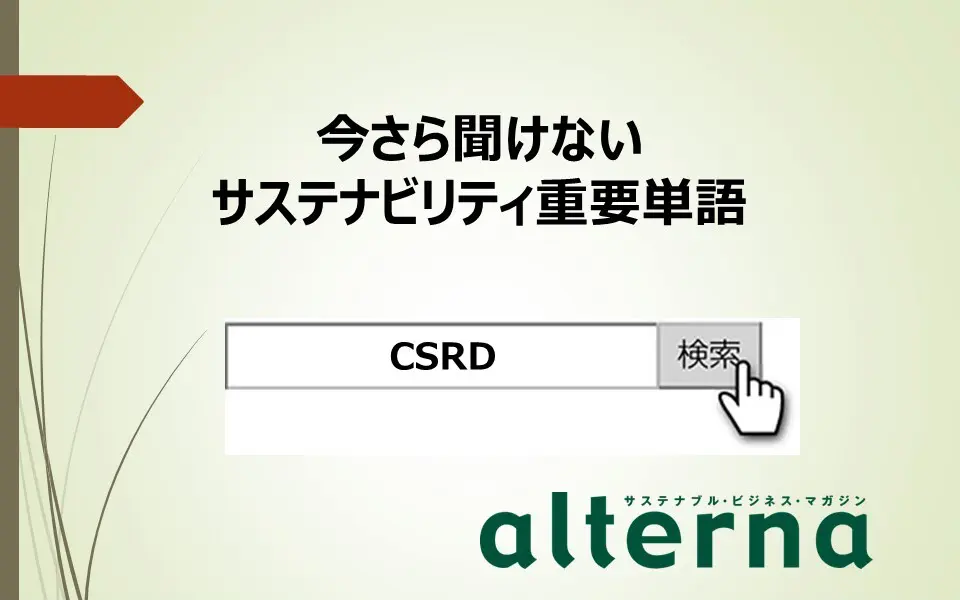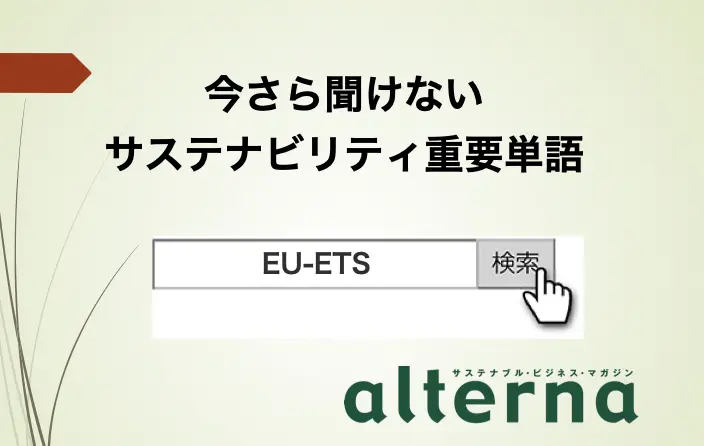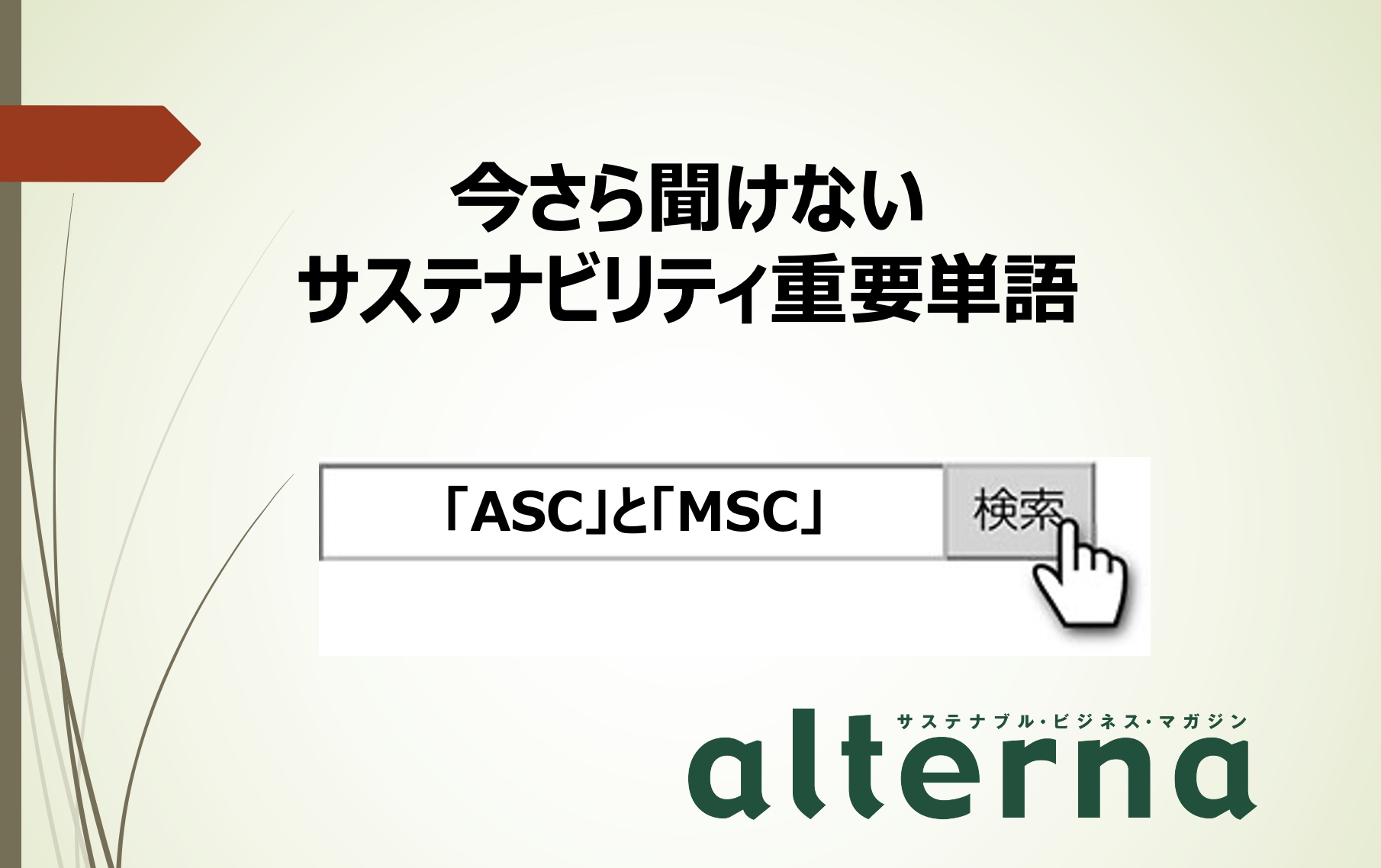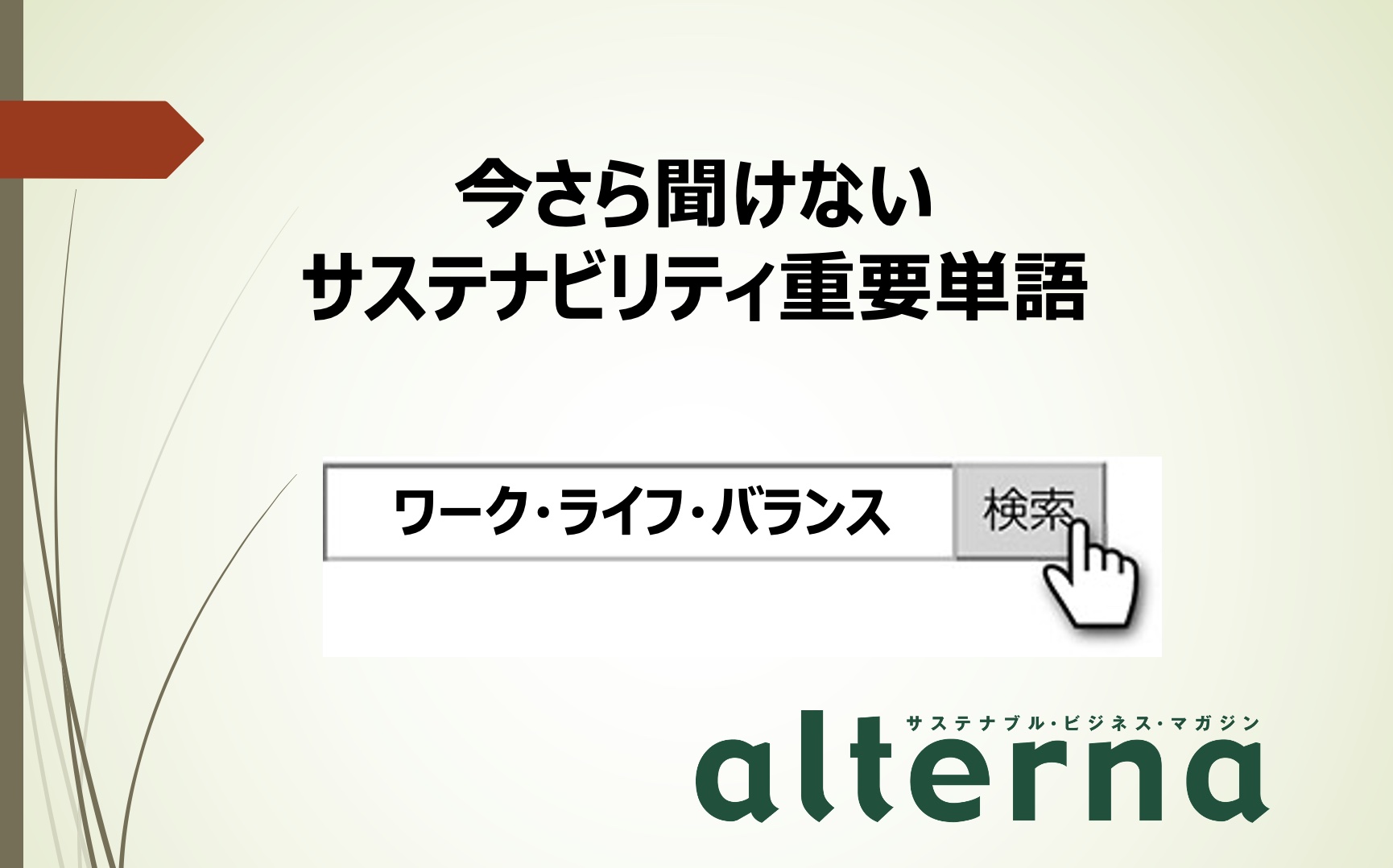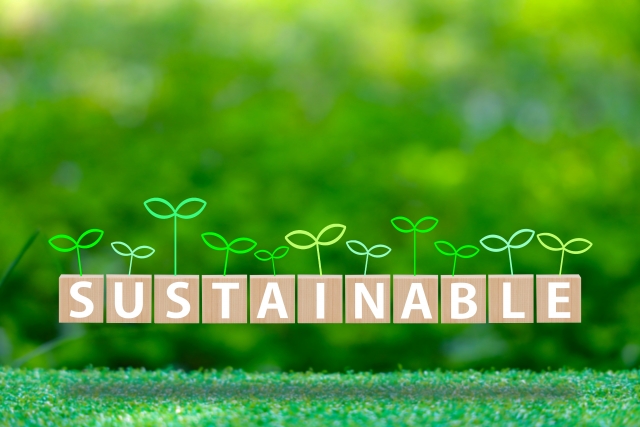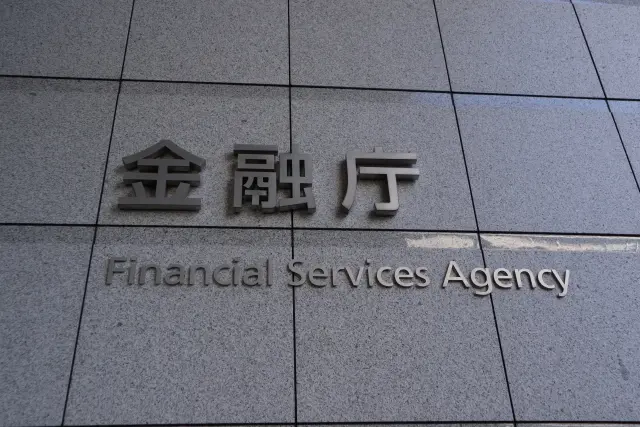■オルタナ式英単語:“What Kind of Dialogue Skills are Required by Companies?”■
あけましておめでとうございます
おだやかに新年を迎えられたことと存じます。本年もよろしくお願いいたします
今月はLesson 4 “What Kind of Dialogue Skills are Required by Companies?”「企業に求められる対話力とは」を取り上げます。
伝える、聴くだけでなく、また議論や問題解決でもなく、立場の異なる意見を否定せずそれとして受け入れる「対話」は組織内外のコミュニケーションにおいても重要なキーワードです。本節では、「対話」のありかたからCSRの本質が見えてきます。
【語注】
derive 派生する(derive from)
terminology 専門用語
adapt to 適応する
impose 押し付ける
normative 規範的な
institutional 制度の
oversight 見落とし
more often than not たいてい
compromise 妥協
mutually 相互に
proactively 事前対応的に、前向きに
flexibly 柔軟に
drastically 大幅に、劇的に
コンプライアンスは「法令順守」だけではない
The word “compliance,” that derives from the verb “comply,” means “flexibility” or “harmony.” It is translated as “flexibility” in engineering terminology. The original meaning of the word “compliance” is “to respond to the needs of society and achieve the organization’s objectives” (i.e., to adapt to the demands of society). Originally, the word “comply” appeared in the description of “the ideal woman who fulfils everything” in John Milton’s Paradise Lost. It described the spiritual relationship between a man and a woman in the book. You would be able to see that the word “compliance” implies the ability to have a dialogue where you accept the other person’s feelings, not just follow the imposed request.
【訳】
「コンプライアンス」はcomplyという動詞から派生した言葉で、「柔軟性」「調和」を意味します。工学用語では「しなやかさ」と訳されます。コンプライアンスの本来の意味は「社会の要請に応じ、組織の目的を実現すること(社会的要請への適応)」です。もともとcomplyとは、ジョン・ミルトン『失楽園』で「すべてを満たしてくれる理想の女性」を表現する際に用いられました。同作品においてこの言葉は男女の精神的関係を表しています。complianceという言葉が押しつけられた要請に従うことではなく、相手の気持ちを受け入れる対話力であることがわかるでしょう。
ここで言及されるミルトンは17世紀イングランドの詩人であり、共和派を支持する活動家です。後世の文学者にも多くの影響を与えています。失楽園は、旧約聖書『創世記』でへびに唆され、禁じられた実を食べてしまったアダムとイブが神に追放されるという有名な物語をテーマにしていることは、ご存じのかたも多いでしょう。今日にいたるまで、文学、演劇、芸術をはじめ様々な面で反復されるモチーフですね。
なお、英語では本(長編小説)を示す場合にイタリックParadise Lostを用います。本の一部(短編小説)は引用符を用いて “The Murders in the Rue Morgue“となります。映画や音楽の場合もルールは同じです。
Laws, regulations and risk factors are merely the normative and documented expectations and values of society at the time. In times of rapid change of the social environment and values, it is difficult to adapt laws, regulations, and standards to the changes. There are institutional and physical limits to the ability to reflect all things in laws and regulations in a timely manner. Too much insistence on compliance with laws and regulations can lead to oversight of potential risks and to cause major problems.
【訳】
法令やリスク要因はその時々における社会の期待や価値観を規範化・文書化したものにすぎません。社会の環境や価値観が急変する時代には、法令や基準自体が環境変化に適応できないこともあります。すべての物事をタイムリーに法令に反映させることは、制度的にも物理的にも限界があります。法令などの遵守にこだわりすぎると、潜在的なリスクを見落とし、大きな問題を引き起こすかもしれません。
merely は「単に」ですが、「単に~にすぎない」といういいまわしでよく用いられます。
limits toはここでは「~に対する制限」を意味します。Establish a limit to, set a limit to, place a limit toといった形で用います。ちなみにThere is no limit to は「とどまるところを知らない」となります。
insistence on は「~を主張すること」ですが、「こだわり」という意味合いで用いられる表現です。使いやすいので、覚えておかれるとよいでしょう。
なお、環境や価値観が急変する時代におけるビジネスの文脈で、VUCAというワードがよく取り上げられます。VUCAとはVolatility(変動性)uncertainty(不確実性)complexity(複雑性) ambiguity(曖昧性)の頭文字です(もともとは軍事用語)。
対話を通じて落としどころを探る
In fact, more often than not, we are faced with problems for which there is no single, absolute solution. In order to deal with them, it is necessary to develop the ability to seek out the solution through dialogue. Rather than trying to persuade people to do things, we have to look for the point of compromise for a solution while mutually accepting different values, and to try to reach the conclusion. The first step is to understand the feelings of the other party (including the purpose of the rule and the background of the legislation). This is true not only for the company’s internal relationships, but also for its external ones.
【訳】
実際、私たちが向き合う問題の多くは、唯一絶対的な解決がないものばかりです。こういった問題に取り組むには、対話を通じて解決策を探る力をつけることが必要です。一方的に説き伏せるような説得でなく、異なる価値観を相互に受け入れながら、解決のための落としどころを模索し、「話の着地点」を見つける力をつけることこそが求められます。まずは相手の気持ち(ルールの趣旨や立法の背景を含む)を知ることが第一歩です。このことは企業内部のみならず、外部との関係においても同じことがいえます。
「落としどころ」はpoint of compromiseと訳しています。「妥協点」ですね。「話の着地点」はreach the conclusionです。いずれも日本語のやりとりでよく用いられる表現ですので、英語での言い方も覚えておかれると役に立ちそうです。.
the other party は「相手」。true for は「あてはまる」です。
自ら率先して社会の期待をとらえる
We have to change our passive reaction an active approach. That is, instead of keeping what is given, we have to take the initiative to understand society’s expectations, seek solutions and take action. Laws and rules change in response to changes of society.
Through compliance and CSR initiatives, we need to recognize the demands and expectations of society as risks at an early stage, and respond proactively, flexibly and appropriately to those issues that are not necessarily documented. In order to respond flexibly to society’s drastically changing values, we should cultivate sensitivity to environmental changes, accurately grasp the demands and expectations of society, and develop the habit of taking all kinds of environmental changes relevant
【訳】
私たちは、与えられたものを守るという受動的な対応から、率先して社会の期待をとらえ、解決方法を模索し、行動に移す、能動的な対応に変える必要があります。法やルールは社会の変化に応じて形を変えるものなのです。
コンプライアンスやCSRへの取り組みを通じて、社会の要請や期待をリスクとして早期に認識し、必ずしも文書化されていないことに対しても積極的に柔軟かつ的確な対応が必要です。価値観が大きく変化する社会に柔軟に応えるためには、環境変化に対する感性を磨き、社会からの要請や期待を正確に捉え、あらゆる環境変化を自分ゴト化する習慣をつけることです。
cultivate sensitivity は「感性を磨く」。
relevant はもともと「(課題との)関わりがある」「関連性がある」という意味ですが、最近は「自分ゴトである(自分にとって重要なことである)」というニュアンスで用いられます。「地球温暖化という問題をいかに〈自分ゴト化〉するように発信するか」を取り上げた興味深い論文 Leila Scannell and Robert Gifford (2011), ”Personally Relevant Climate Change: The Role of Place Attachment and Local Versus Global Message Framing in Engagement”(タイトルにrelevantが用いられています)は皆さんのビジネスにも応用可能かと思います。おすすめです。
今回の「対話力」は、CSRの根幹にかかわるテーマでした。企業目線、企業主体で考えのではなく、社会が求めているものに(ビジネスを通じて)対応することがCSRである、ということです。実際には、双方向性をうたいながら、独り言で満足しているケースも見られます。もちろん、私たち一人ひとりの「声」も重要です。
今月はここまでです。また来月お目にかかりましょう。




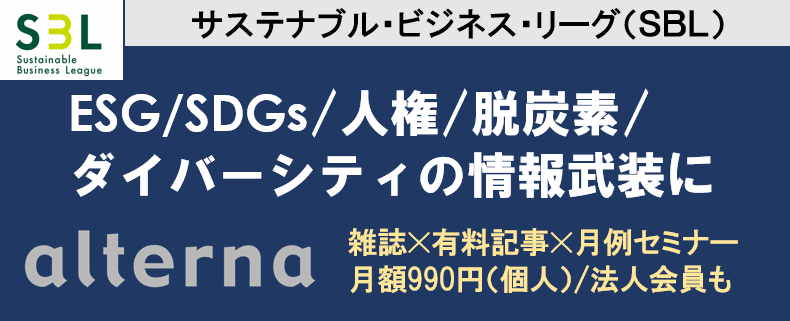




-1-scaled.jpg)
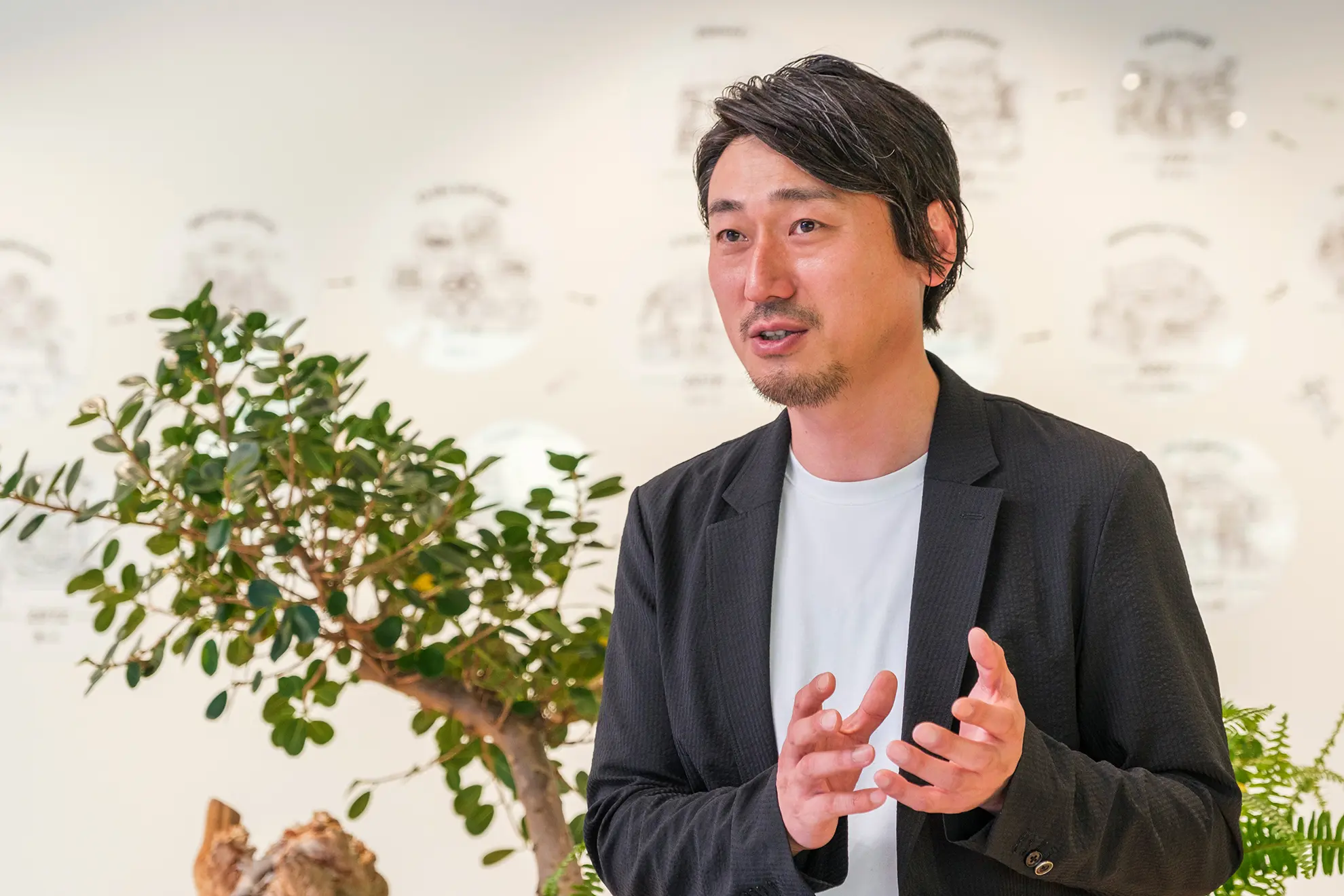
-scaled.jpg)







